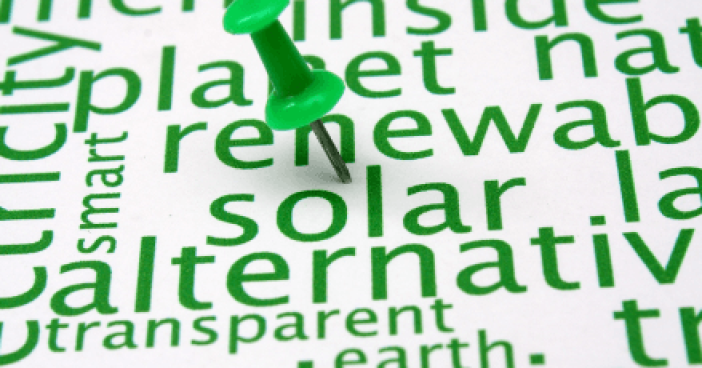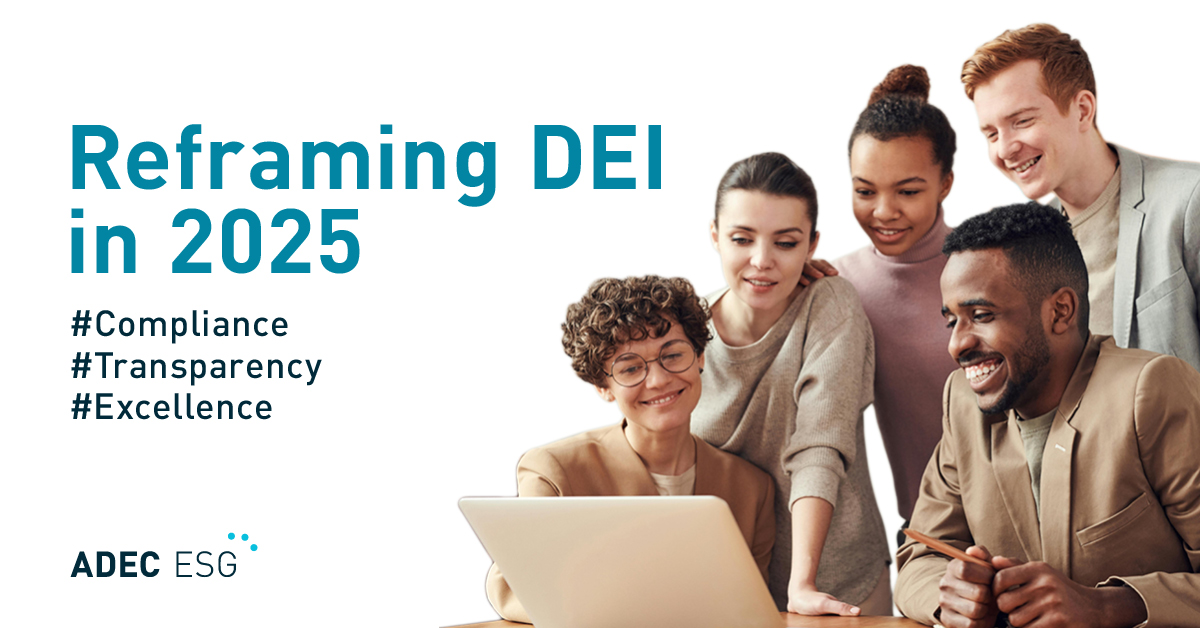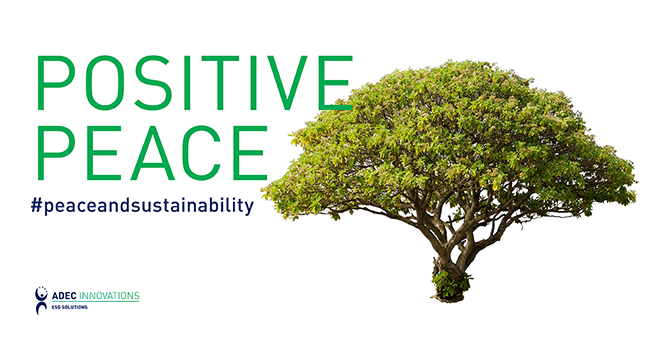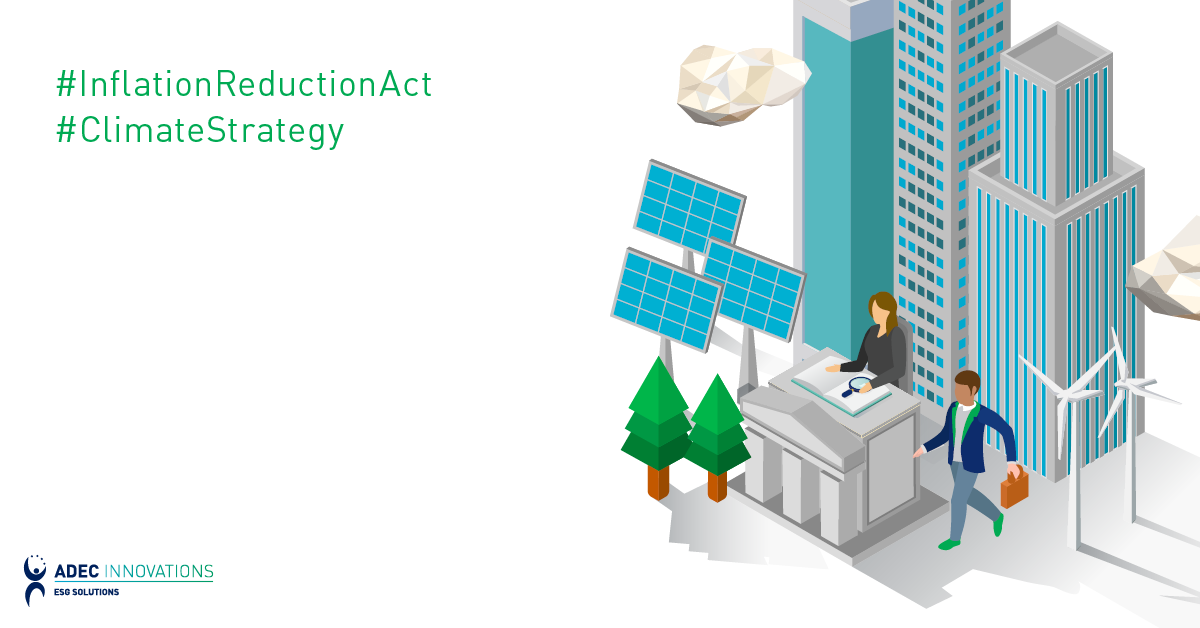Is your country running on 100% renewable energy? Do you think it’s impossible? For Iceland, it’s not. Because of its president, Ólafur Ragnar Grímsson, the country is a model of sustainable development—it runs on 100% renewable energy.
A history of Icelandic renewable energy
Until the 1970s, Iceland was identified as a developing country by the United Nations Development Programme, among the poorest in Europe for centuries. It was a nation fixated on sheep farming, fishing and an unclean energy mix of fossil fuels, imported oil and coal.
In the late 20th century, Iceland transformed its energy system to rely on renewable energy sources. Now, Iceland obtains its electricity from hydropower and geothermal energy, and about 95% of the nation’s heating demand is warmed by geothermal means. This was achieved through individual entrepreneurship and profit-driven initiatives managed by communities.
Today, Iceland is viewed as the world’s leading clean-energy economy—Grímsson has dedicated significant effort to get to this point. He is a determined advocate of sustainable development and a sincere leader in climate action. Under his leadership, Iceland ranked number two in the World Happiness Report 2015, released by the U.N.’s Sustainable Development Solutions Network’s international team of economists, neuroscientists and statisticians.
Shifting to renewable energy worldwide
Here are a few tips on how you can help your country jumpstart its journey to 100% renewable electricity:
View sustainable development as a profitable business
Sustainable development and shifting to renewable energy sources can lead to a positive transformation for an economy. Incorporating sustainability in an economy’s transition can be beneficial for long-term financial viability.
Initiative is the key
Iceland’s success was led by individual entrepreneurs and local, profit-driven initiatives by communities. Other countries can achieve 100% renewable energy if the citizens support innovation and development for the betterment of the nation.
Research is vital
Before transitioning to a green economy, a plan based on empirical data addressing key questions must be addressed. What are the potential renewable energy sources that can be used? How much can each potential source contribute to the overall plan?
These tips can put you on the path to be powered by 100% renewable energy. According to Iceland’s president, Grímsson (2016), renewable energy transformation “opens up a multitude of new dynamic business opportunities even in areas where most people would have thought an energy transformation had nothing to do with it.”
With the current pace of climate change, shifting to renewable energy will help to ensure that we meet the needs of people of today, as well as of future generations.
ADEC Innovations (ADEC) is a leading provider of environmental sustainability solutions, with expertise in delivering fully-integrated industry expertise, software and data management services. ADEC helps you navigate the energy landscape now and prepare for what lies ahead, so you have greater knowledge on where to invest your limited capital resources. To stay current on energy trends and to learn more about our perspective, subscribe to our monthly newsletter, GreenWatch.




